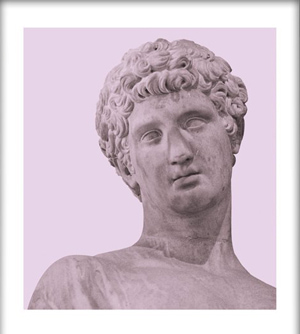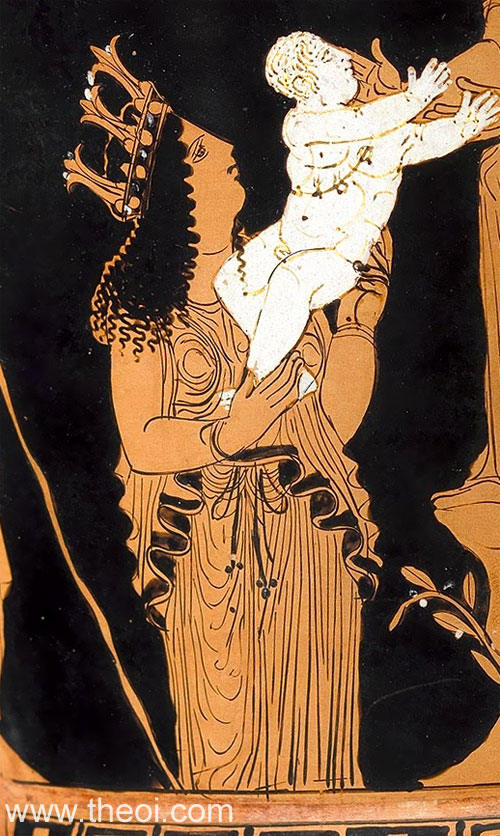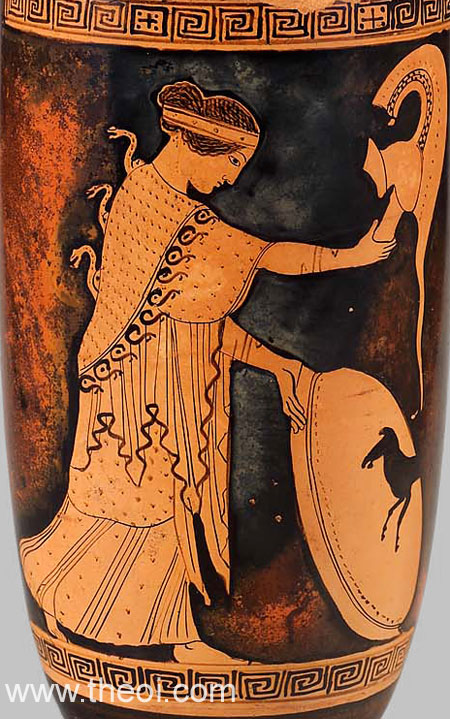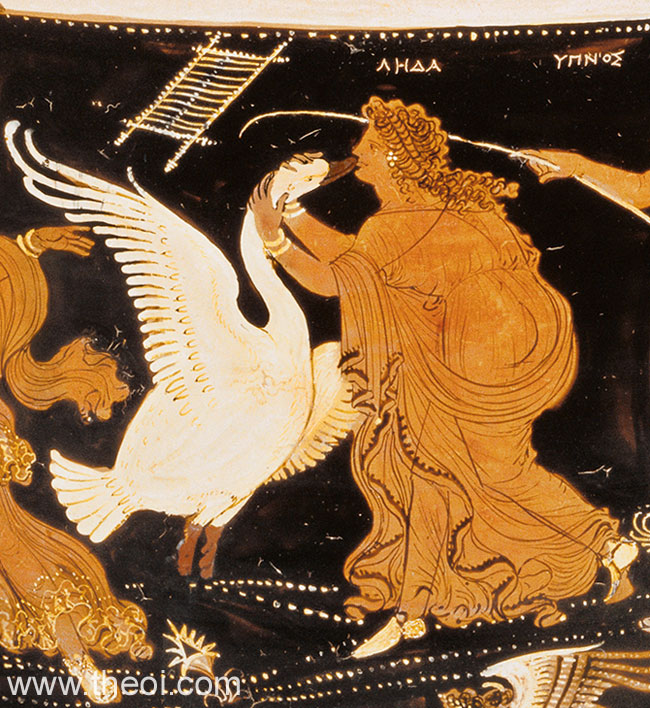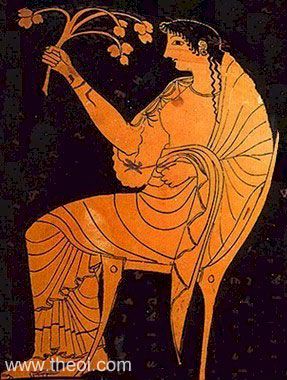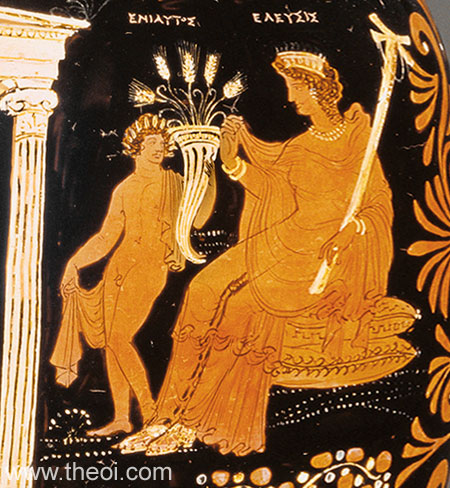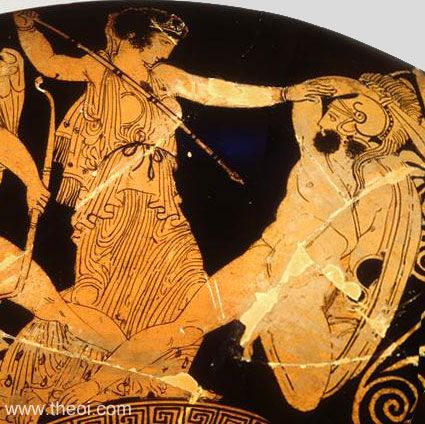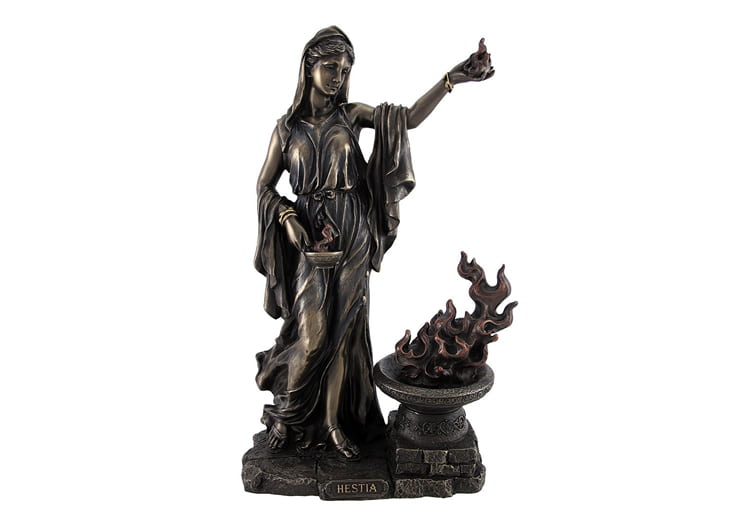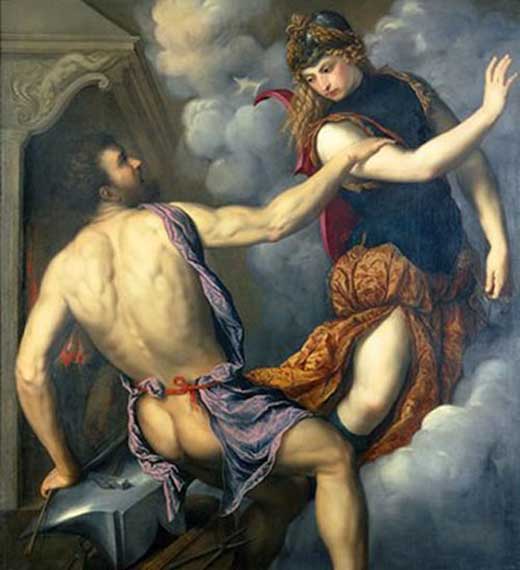Aphrodite is the Greek goddess of love and beauty. She was married to Hephaestus, the Greek god of blacksmithing, but had a very intimate and complex relationship with Ares, the Greek god of war. She was one of the Twelve Olympians. These are some of the most awesome facts about the Greek goddess of love and beauty, Aphrodite.
Fact #1: Aphrodite Married Hephaestus
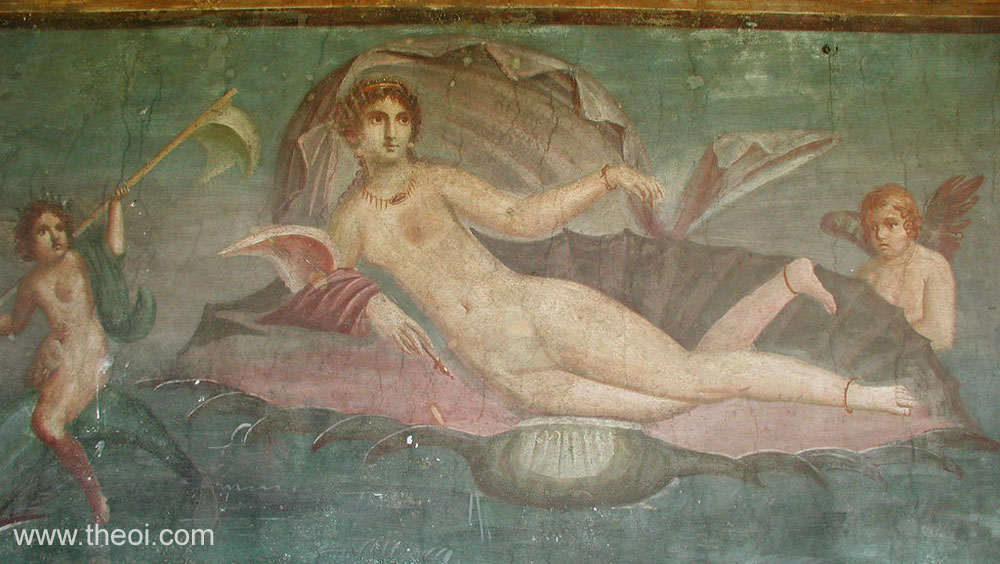
As one of the Twelve Olympians alongside Zeus, the Greek god of the skies and the king of the gods, Zeus was afraid that Aphrodite’s beauty would cause a war among the gods. He was afraid they would fight each other to win her love, and the war would be irreparable.
To prevent this from happening, Zeus ordered Aphrodite to marry Hephaestus. Hephaestus was another one of the Twelve Olympians, and he had a prominent place on Mount Olympus where the Olympians lived. Hephaestus was the Greek god of blacksmithing, craftsmanship, and metalworking.
Hephaestus crafted all of the weapons and armor for Mount Olympus. While he was positively known for his quality craftsmanship, he was negatively known for his unattractive looks.
This is why Zeus chose Aphrodite to marry Hephaestus. Not only was Hephaestus unattractive, but he also did not pose a threat to Zeus. This made Aphrodite’s marriage to Hephaestus a safe decision.
Fact #2: Aphrodite Develops a Relationship with Ares
Ares is the Greek god of war. He was feared among the Greeks and one of the less respected gods. He was quick to anger and had a temper. He often made rash decisions without fully thinking them through or thinking of the consequences.
Even though Aphrodite was married to Hephaestus, she did not love him. Ares was her true love, and she would have many children with him. Helios, the Greek god of the sun, was also all-seeing. Anything that was done during the sunlight hours could be seen by Helios.
One day, Helios had witnessed Ares and Aphrodite in an embrace, so he went to tell Hephaestus. As the god of fire and craftsmanship, Hephaestus created a golden chain-link net to catch the lovers in. The net was nearly invisible, and he deployed the net on the lovers, catching them in the act.
When they had been caught, Hephaestus went and told the other gods and goddesses to come to look at them and shame them. When they had been shamed and ridiculed, Hephaestus set them free. Aphrodite returned to Cyprus, and Ares returned to his homeland.
Fact #3: The Venus de Milo and Aphrodite
The Venus de Milo is a famous sculpture by Alexandros of Antioch and was inspired by the Greek goddess of love and beauty, Aphrodite. The Venus de Milo is one of the most famous sculptures in Greek history. It features a beautiful woman whose marble arms have been broken off since it was created in 101 B.C. The Venus de Milo now resides in the Louvre Museum in Paris, France.
Fact #4: Aphrodite Sides with the Trojans
Unlike the remainder of her Olympian counterparts, Aphrodite sides with the Trojans during the Trojan War. This is because her son, Aeneas, is a Trojan prince who was fighting on the Trojan side of the war. Because of this, Aphrodite convinces Ares to side with the Trojans during the Trojan War.
Even though Ares was the Greek god of war, the Trojans would lose to the Greeks in the last battle of the Trojan War at Troy. Athena helped Odysseus and the Greek army enter Troy and defeat the Trojans, claiming victory of the Trojan War.
